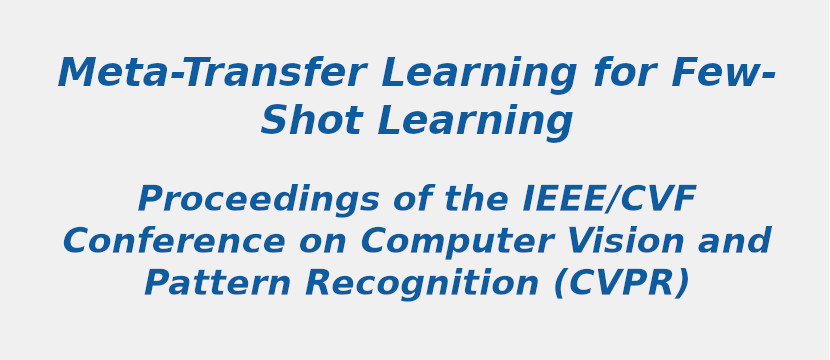Research Area: Machine Learning
In recent years, many EEG-based emotion recognition methods have been proposed, which can achieve good performance on single-subject data. However, when the models are applied to cross-subject scenarios, due to the existence of subject differences, these models are often difficult to accurately identify the emotions of new subjects, which is not conducive to the practical application of the models. Many transfer learning methods have been applied to cross-subject EEG emotion recognition tasks to reduce the effect of subject differences. Most of them need to be trained with source data of many subjects and calibrated with more data of target subjects to obtain better classification performance on target subjects. However, this process relies on a large amount of training data to guarantee the final effect. This paper proposed a meta-transfer learning model for emotion recognition. The model can reduce the amount of data required by the meta-learning optimization algorithm. Even if only a small amount of data is used for training, it can achieve good performance, thereby reducing the cost of EEG acquisition and labeling, and it is also conducive to the model for new subjects. Finally, this paper conducts cross-subject emotion recognition experiments based on two public datasets SEED and SEED-IV. The experimental results show that the performance of the proposed meta-transfer learning method is better than the baseline method, and can rapid adaptation to unknown subjects while reducing training data.
Keywords:
Brain modeling
Emotion recognition
Electroencephalography
Adaptation models
Feature extraction
Task analysis
Physiology
Author(s) Name: Hengyao Tang; Guosong Jiang; Qingdong Wang
Journal name: IEEE Access
Conferrence name:
Publisher name: IEEE
DOI: 10.1109/ACCESS.2022.3193768
Volume Information: Volume 10
